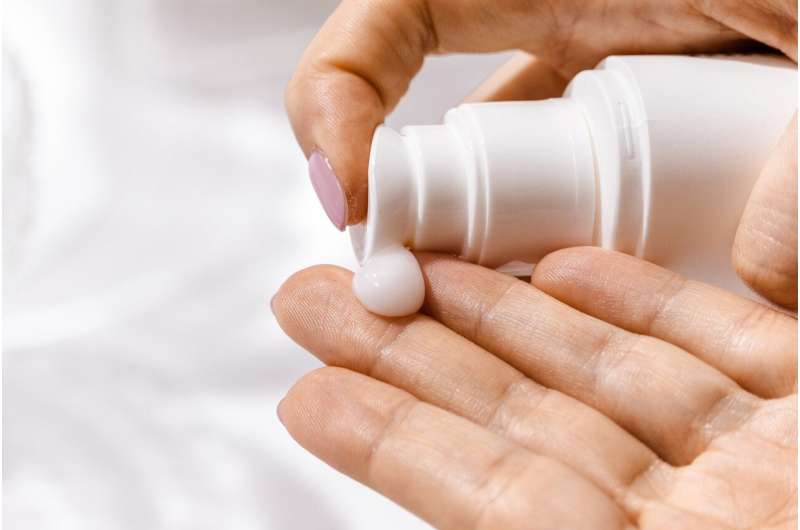Evaluating Moisturizers for Effective Scar Management

A new study highlights the effectiveness of different moisturizers in scar management, emphasizing the importance of evidence-based product choices to improve hydration and reduce water loss in scar treatment.
Recent research conducted by experts from the University of Adelaide and the Royal Adelaide Hospital has shed light on the varying effectiveness of different moisturizers in managing scars. Not all skincare products offer the same benefits when it comes to hydration and reducing water loss from the skin, which are crucial factors in scar healing and appearance.
Ph.D. candidate Tanja Klotz, an occupational therapist specializing in burns, investigated the impact of eight popular moisturizing products on skin hydration and transepidermal water loss (TEWL) within a scar model. Her study emphasizes the importance of choosing the right moisturizer to support the healing process, especially for individuals with active, linear, widespread, or keloid scars. The skin barrier's integrity plays a vital role in preventing dehydration and minimizing scar activity, which is compromised when the skin is damaged or exposed to harsh environmental conditions.
The research, published in the journal Burns, highlights notable differences among common products. For instance, silicone gel sheets, frequently used for scar treatment, effectively block TEWL but simultaneously cause high hydration levels that evaporate quickly after removal. On the other hand, a liquid silicone gel showed poor hydration benefits. Interestingly, Eucerin Advanced Repair Cream outperformed other products in maintaining skin hydration, likely due to its formulation containing glycerin and urea, which promote moisture retention.
The study also pointed out that higher prices do not necessarily translate to better performance in scar moisturization. Products like Alhydran, Strataderm, and BioOil, despite being costly, demonstrated limited ability to normalize TEWL and enhance hydration compared to more affordable options. This finding underscores the importance of evidence-based choices over cost assumptions.
In summary, the research advocates for clinicians and patients to carefully consider the specific properties of moisturizing products used in scar care. Choosing evidence-supported products can significantly influence the outcomes of scar management, promoting better hydration, reducing water loss, and potentially improving scar appearance over time.
For more details, consult the full study: Tanja Klotz et al, 'Commonly recommended moisturising products: effect on transepidermal water loss and hydration in a scar model,' Burns, 2025. [DOI: 10.1016/j.burns.2025.107629]
Source: https://medicalxpress.com/news/2025-10-moisturizers-scar.html
Stay Updated with Mia's Feed
Get the latest health & wellness insights delivered straight to your inbox.
Related Articles
Revolutionizing Disease Detection and Monitoring with the Emerging Field of Oculomics
Discover how the emerging field of oculomics uses advanced retinal imaging and AI to revolutionize the detection, prediction, and monitoring of systemic diseases through eye scans.
Promising Safety Results for Innovative Non-Hormonal Male Birth Control Pill
Clinical trials of the non-hormonal male contraceptive YCT-529 show promising safety and tolerability, paving the way for future longer-term studies and potential wider use in family planning.



